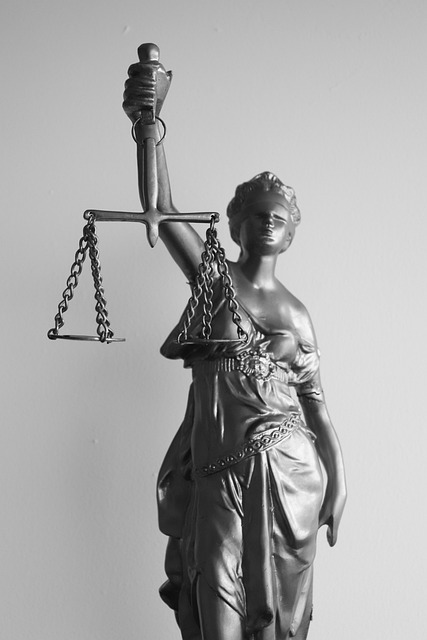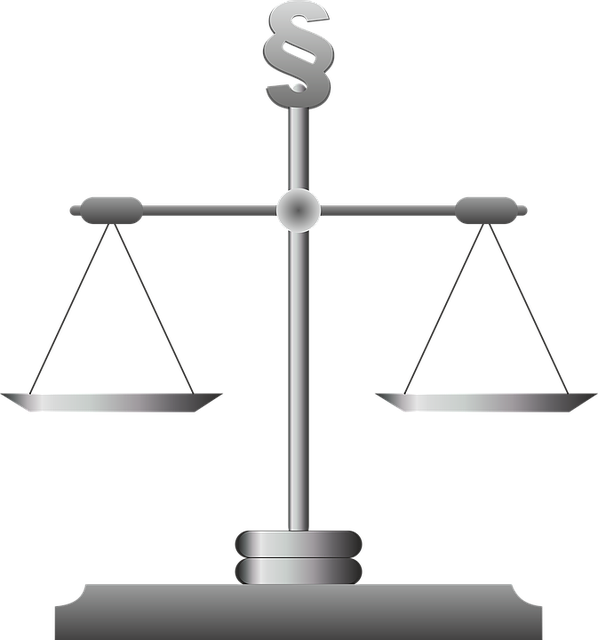Securities class actions are legal tools empowering investors to combat fraudulent or negligent corporate practices. Notable cases against tobacco companies and banks secured substantial settlements, holding businesses accountable for transparency and fairness. These lawsuits, with their ability to aggregate claims and involve jury trials, have reshaped industries, restored investor trust, and deterred white-collar crimes, making them a powerful tool in protecting investors from corporate misconduct.
Securities class actions are a powerful tool for investors seeking justice and market accountability. This comprehensive article explores the intricate world of these legal battles, offering a detailed look at their structure, history, and impact. From understanding the basic legal framework to delving into famous class action lawsuits that reshaped industries, we uncover how these cases protect investors and ensure corporate responsibility. Discover the far-reaching effects of significant past cases, which continue to shape modern investment practices.
- Understanding Securities Class Actions: An Overview of Legal Framework and Basics
- Famous Class Action Lawsuits in History: Case Studies and Their Impact
- The Role of Class Actions in Investor Protection and Market Accountability
Understanding Securities Class Actions: An Overview of Legal Framework and Basics

Securities Class actions are a powerful legal mechanism designed to protect investors from fraudulent or negligent financial practices. When individuals invest in companies, they trust that the market is fair and transparent. However, misstatements or omissions by corporate entities can lead to significant financial losses for many investors. Here’s where class action lawsuits come into play. This legal strategy allows a group of investors who have suffered similar harms to band together and take collective action against the responsible parties.
Understanding the framework behind these cases is crucial. The process involves filing a complaint, which details the alleged wrongdoings, and seeking approval from a judge to proceed as a class action. If certified, a representative plaintiff or plaintiffs speak on behalf of all affected investors. Notable famous class action lawsuits in history, like those against tobacco companies and major banks, have resulted in substantial settlements and winning challenging defense verdicts. These cases not only provide financial restitution but also hold businesses accountable for their actions, ensuring transparency and fairness in the respective business practices. Jury trials play a pivotal role, offering a transparent and democratic approach to dispute resolution.
Famous Class Action Lawsuits in History: Case Studies and Their Impact

Famous Class Action Lawsuits in History serve as compelling case studies that demonstrate the power of collective action to achieve extraordinary results. One of the most notable examples is the 1970s battle against tobacco companies, where plaintiffs united to hold Big Tobacco accountable for their misleading marketing practices and health risks. This landmark suit not only resulted in significant financial settlements but also mandated substantial changes in the industry’s advertising standards.
Another influential case involves a lawsuit against major banks accused of predatory lending practices during the 2008 financial crisis. By pooling together, borrowers were able to navigate the complex all stages of the investigative and enforcement process, ensuring that corporate and individual clients faced consequences for their actions. This collective effort not only provided much-needed relief to affected individuals but also set a precedent for holding institutions accountable in future cases.
The Role of Class Actions in Investor Protection and Market Accountability

Class actions play a pivotal role in investor protection and market accountability by empowering individuals to stand together against perceived wrongdoings. When investors face similar losses due to corporate fraud, misconduct, or violations of securities laws, a class action lawsuit offers a collective approach to seeking justice and compensation. This powerful legal mechanism allows for the aggregation of claims, enhancing the financial resources available to hold wrongdoers accountable.
Some of the most famous class action lawsuits in history have resulted in substantial settlements, reshaping corporate behavior and restoring investor confidence. These cases not only provide a sense of fairness for affected investors but also serve as deterrents, discouraging white-collar crimes and fraudulent activities across the country. By securing complete dismissals of all charges or significant financial remedies, successful class actions contribute to maintaining the integrity of financial markets, ensuring transparency, and promoting accountability among corporations and their executives.
Securities class actions play a pivotal role in investor protection and market accountability, as demonstrated by various famous class action lawsuits throughout history. These legal battles have not only secured significant financial recoveries for harmed investors but also underscored the importance of corporate transparency and ethical conduct. By understanding the legal framework and basics of securities class actions, we can appreciate their profound impact on shaping fair market practices and ensuring investor rights in the dynamic landscape of today’s financial markets.






